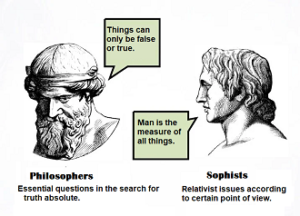
Ethical, moral and cardinal virtues
Ethics are important for good social interaction and for the proper functioning of human relationships in the social context. They should be the basis for those who today challenge moral relationships and distance them from the cardinal virtues, due to their religious origins.
interaction and for the proper functioning of human relationships in the social context. They should be the basis for those who today challenge moral relationships and distance them from the cardinal virtues, due to their religious origins.
Some principles are considered central to ethics, such as autonomy, beneficence or non-maleficence (speaking badly or bearing false witness) and justice, which should be the basis for good social relations.
In times of moral relativism, political relativism is once again a topic. Perhaps we need to return to classical Greek principles in order to bring some serenity to today’s social debate.
Aristotelian ethics was centered on the pursuit of happiness and human well-being, through virtue (areté) and moral development.
The Greek areté means both virtue and excellence, and Plato and Aristotle’s quest was to form “upstanding” citizens who could strengthen society morally, and overcome politics, which until this time was strongly influenced by the sophists, discursive arguments that favored the powerful regardless of their attitudes.
Relativism was born there, seeking only to justify power through argumentation, and the strong similarity with today’s narratives indicates that some fissure in the political stance is spreading in modern democracy.
The ancient Greeks had to overcome relativism in order to arrive at democracy, they argued that moral values and truths could not be relative to historical and social contexts.
Plato’s Theaetetus is considered to be one of the first texts to address the confrontation between truth and relativism, and it would be great to re-study it for today’s politics, how much relativism !!!
The cardinal virtues must be seen as a complement, without them we will not achieve true fraternity and unity of peoples, love is emptied by the current vulgarization, we have already discussed the English philosopher Philippa Foot (1920-2010) clearly addressed the gap that exists in contemporary morality of the cardinal virtues: courage, prudence and temperance (to be more serene, how much this is lacking today) in addition to justice that is partially addressed.
Without the cardinal virtues we find it difficult to include and live in peace with everyone.









